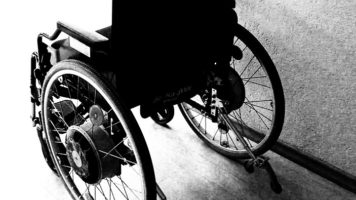In the News

Mounting Evidence Links Sleep Disturbance To Alzheimer’s Disease
Source: Forbes
Once again researchers have found evidence of the critical role quality sleep plays on our overall health. And addressing the common causes of excessive daytime sleepiness (EDS) could have huge implications for the prevention of Alzheimer’s disease.
From sleep apnea which, left untreated, can lead to high blood pressure, heart disease, stroke, depression, diabetes and other ailments, to Alzheimer’s disease, researchers continue to discover why we need to sleep. Now investigators from the Intramural Research Program (IRP) of the National Institute on Aging (NIA) are saying feeling excessively sleepy during the day could be a sign of increased risk for the brain pathology of Alzheimer’s disease.
According to a new study published in the September 25, 2018 issue of the journal Sleep, older adults who felt sleepy during the day when they wanted to be awake were almost three times more likely to have deposits of beta-amyloid—the protein that clumps in the brain as part of Alzheimer’s pathology. The research team was led by Dr. Adam Spira of Johns Hopkins University and included Dr. Murat Bilgel, Dr. Luigi Ferrucci, Dr. Susan Resnick and Dr. Eleanor Simonsick of NIA’s Intramural Research Program.


